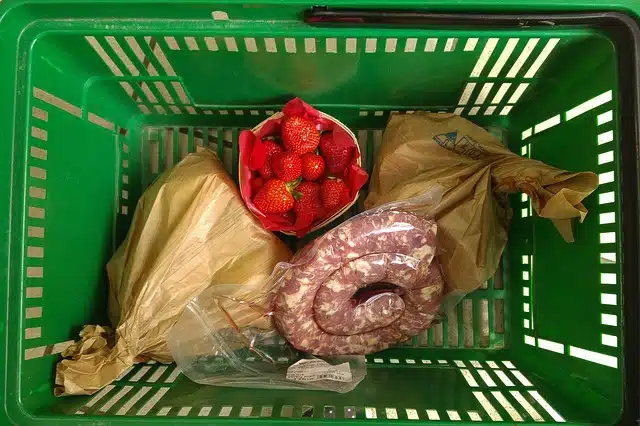
A provision is something that is stored for a certain purpose: "I already bought the provisions for Saturday dinner."
From the Latin provisio , provision is the action and effect of providing (providing what is necessary for a purpose, conferring a job or position, resolving a business ). The term is usually used to name the set of things that are reserved for a specific purpose.
Let's look at this term in context, through the following example sentences: “In this country, it is very common for people to have food supplies in case a tornado occurs and they cannot leave their house,” “The provision of water “It is not enough: we will have to ask the national authorities for support.”
Provision concept
Provision, therefore, can be the prevention of things being deposited or stored somewhere to be used only when needed. A family that lives in an area where natural disasters frequently occur can have a supply of food and medicine in case the roads flood.
Another use of the concept refers, in a general sense, to giving or providing. A company can provide cable television services ( “Service provision is guaranteed even on stormy days” ) or electricity supply ( “If we detect a failure in your system, we will preventively interrupt the provision.” ).
Other uses of the term
Provision is also the disposition or providence that leads to the achievement of something : “We need a new supply of ammunition to win this war ,” “Without the supply of oxygen, we will never be able to reach the summit.”
Between the 13th century and the 16th century , in the Kingdom of Castile there was the Royal Provision , a legal-administrative provision that regulated acts of government of certain importance and that regulated matters of public interest.

The idea of provision is used in the field of finance.
Provision in finances
In the field of finance , finally, a provision is an accounting entry that is placed in the liability and that recognizes a certain risk. This is an account that is used to save a portion of the resources to meet a potential obligation, such as an unexpected payment for a repair. On the other hand, this measure is also usually taken when an obligation with a future date is contracted, to ensure the necessary money in time.
Every time the directors of a company assume that one of their assets may lose value, or that an obligation must be satisfied within a certain period of time, they proceed to make a provision for the amount necessary to resolve the situation. It is worth mentioning that the provision is not always used; However, if it is not necessary, its "elimination" is never a problem.
Although it seems unnecessary to withdraw money to meet a payment that must be made within several months, the main objective of the provision is to prevent a potential decrease in profits, or the emergence of new obligations, from getting in the way of a payment that is known in advance. .
From savings to investment
As noted above, since the provision is not always used for its intended purpose, its existence can open the door to investments that would not have been possible with ordinary income alone. To give an example, if a fixed amount of money is saved per month for a period of time to address a problem that, in the end, is solved by other means, that provision can be used for the acquisition of new machinery or the expansion of one of the sectors of the company.
It is worth mentioning that provisioning is nothing more than savings with a well-determined objective, and that it not only exists within the business framework, but that anyone can practice it to improve their economic situation. Since a provision is reflected in accounting as an expense, it represents a future resource, but it also forces us to make better use of the remaining capital, and this can translate into an optimization of business operation or domestic organization .
